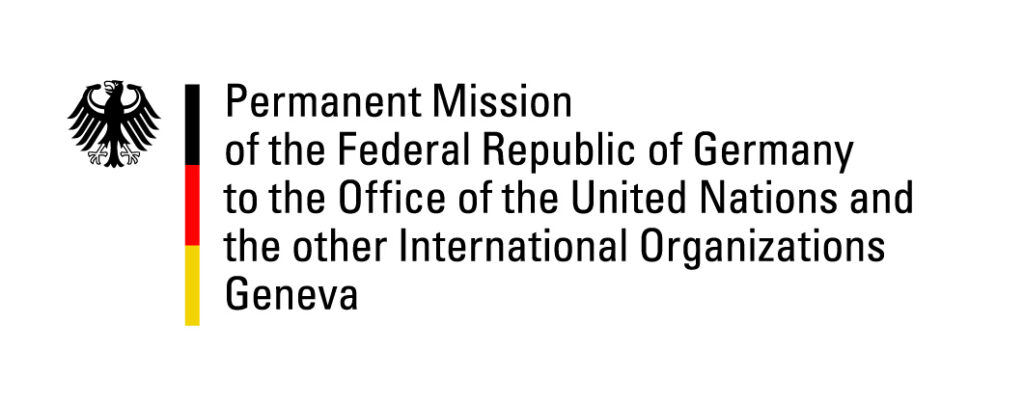A creative challenge on children’s rights and the environment
This collaborative project aims to show that children’s input should be actively sought and listened to on matters that affect their future, particularly on children’s right to a healthy environment, and inspire climate policy makers to take bold action on behalf of children and future generations.
A collaboration with
- CRIN, our sister organisation, is a creative think tank producing new and dynamic thinking on human rights, focusing on children and young people.
- Little Inventors is a creative education organisation that inspires imagination by taking children’s ideas seriously. They help children develop and showcase creativity and problem-solving skills, building confidence, curiosity and resilience to become caring citizens.
Why this is needed?
Faced with climate collapse in the next decade, it is children today and future generations who have the most to lose. We are heading towards irreversible climate breakdown, which will affect everything from natural disasters, to social and economic breakdown, to mass population displacement. This will in turn lead to an increase in disease outbreaks, malnutrition, destruction of habitats and conflict. This will affect the full range of human rights, including children’s right to life, survival and development, health, and an adequate standard of living.
Despite this clear threat to their futures, they themselves and their rights are mostly absent from legal and policy discussions. At most, they can go into the streets to protest. This needs to change; and this is where we come in.
Our goal
Our project will show children must be a part of climate decisions – they care, have rights and their imaginations can inspire adults to take bold action to save our planet from irreversible destruction.
We will organise a creative and empowering ‘challenge’ on children’s rights and the environment in order to:
- Demonstrate how children’s creativity and voice can positively influence global issues , and that their input should be actively sought;
- Empower children to access and better understand global advocacy systems related to the climate crisis.
– More Soon –
This project is funded by the Permanent Mission of Germany to the United Nations.

